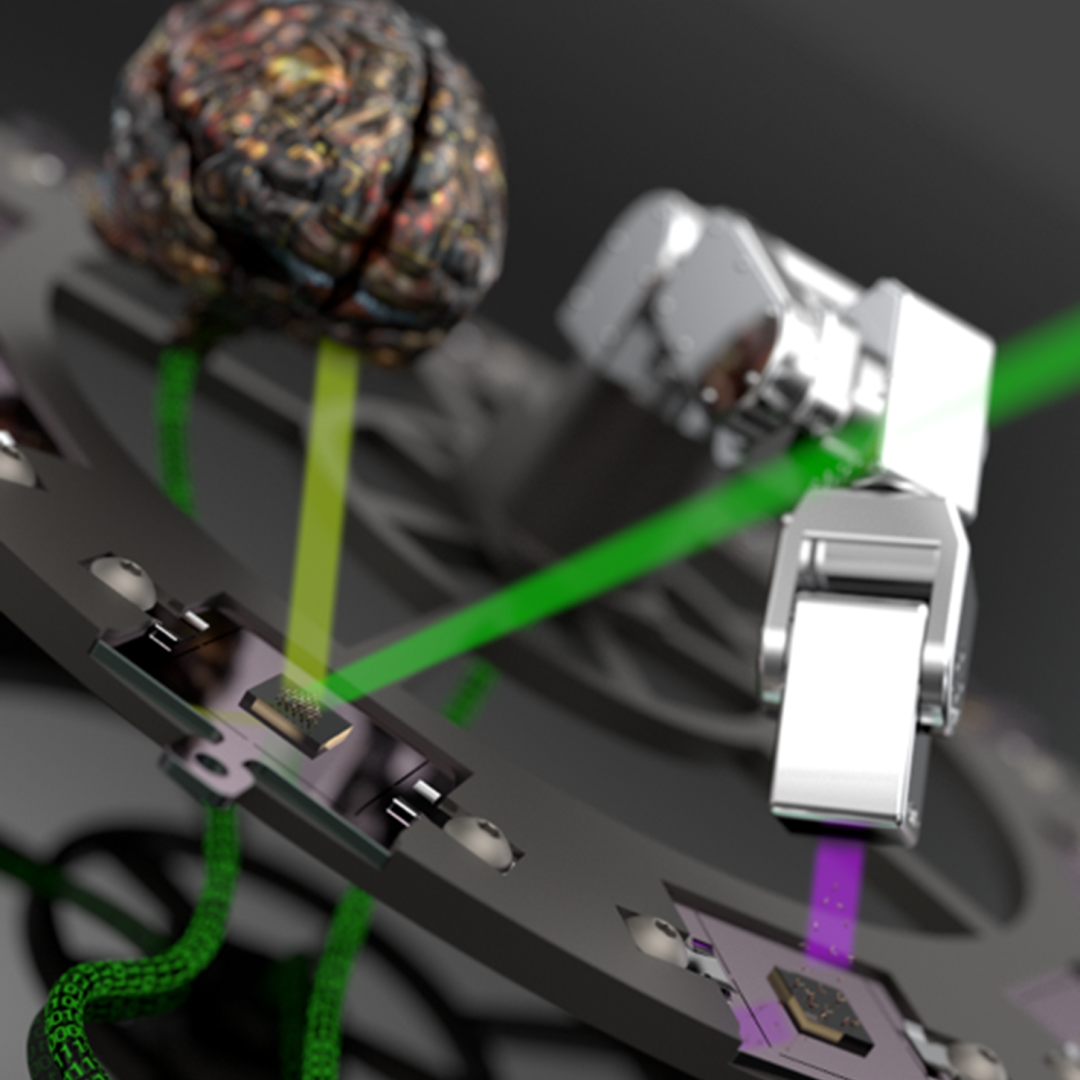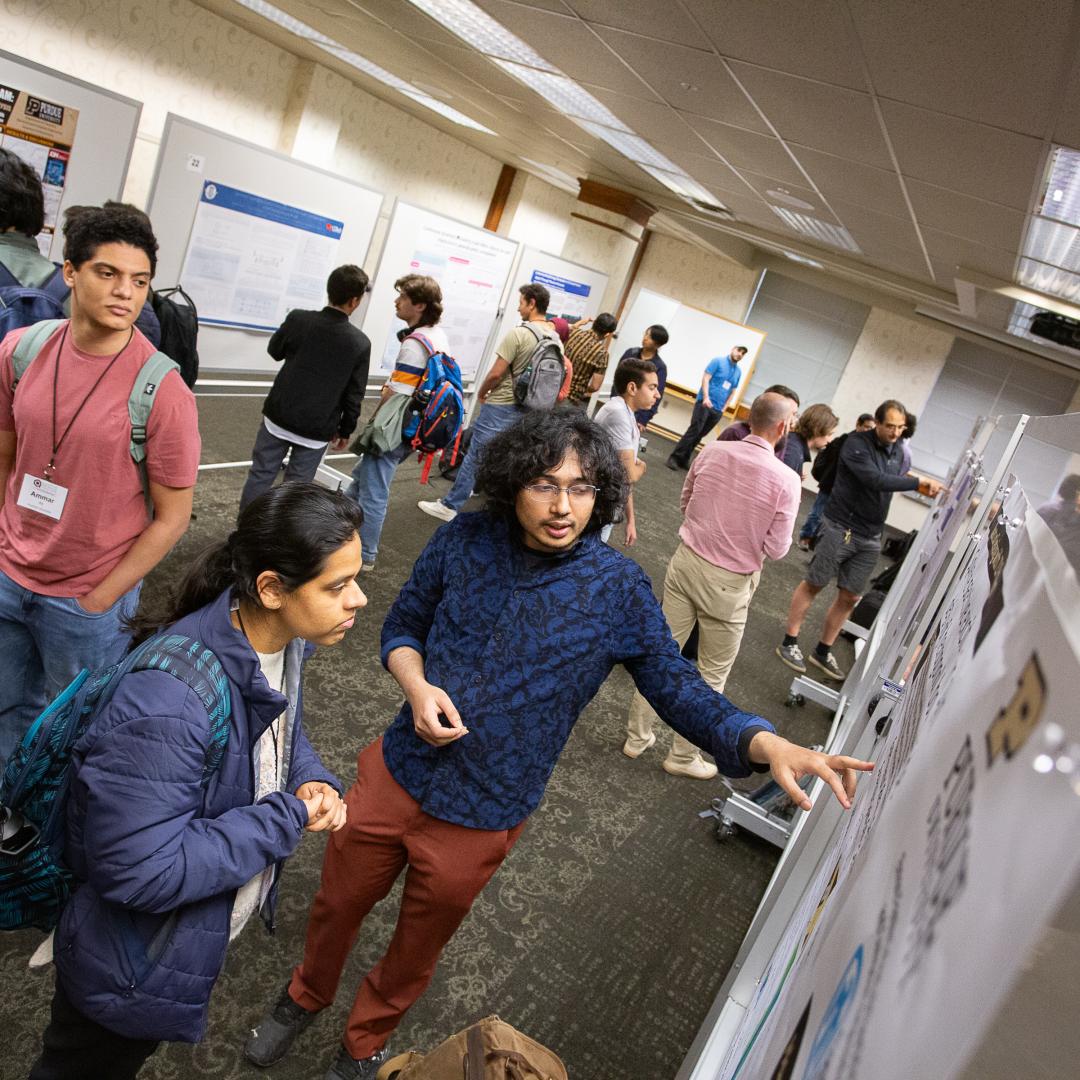Filter News
Area of Research
News Topics
- (-) Coronavirus (3)
- (-) Microscopy (2)
- 3-D Printing/Advanced Manufacturing (23)
- Artificial Intelligence (2)
- Big Data (2)
- Bioenergy (11)
- Biology (16)
- Biomedical (3)
- Biotechnology (3)
- Buildings (13)
- Chemical Sciences (1)
- Clean Water (7)
- Climate Change (15)
- Composites (9)
- Computer Science (12)
- Critical Materials (4)
- Decarbonization (6)
- Energy Storage (21)
- Environment (31)
- Grid (16)
- High-Performance Computing (4)
- Hydropower (4)
- Machine Learning (3)
- Materials (13)
- Materials Science (9)
- Mathematics (1)
- Mercury (2)
- Nanotechnology (1)
- Net Zero (1)
- Nuclear Energy (1)
- Polymers (5)
- Simulation (2)
- Space Exploration (2)
- Statistics (1)
- Sustainable Energy (35)
- Transportation (27)
Media Contacts
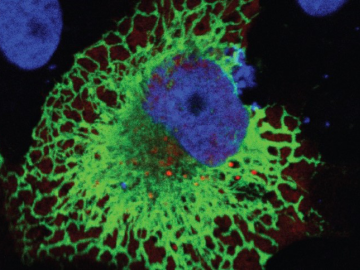
Oak Ridge National Laboratory scientists exploring bioenergy plant genetics have made a surprising discovery: a protein domain that could lead to new COVID-19 treatments.
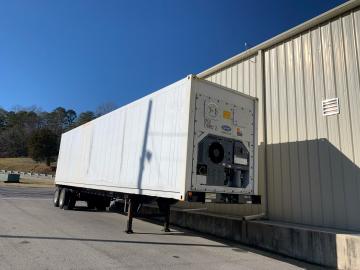
Oak Ridge National Laboratory researchers have retrofitted a commercial refrigeration container designed to ensure COVID-19 vaccines remain at ultra-low temperatures during long transport and while locally stored.
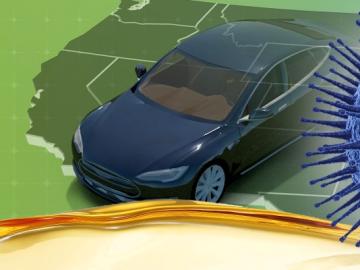
Oak Ridge National Laboratory researchers have developed a machine learning model that could help predict the impact pandemics such as COVID-19 have on fuel demand in the United States.
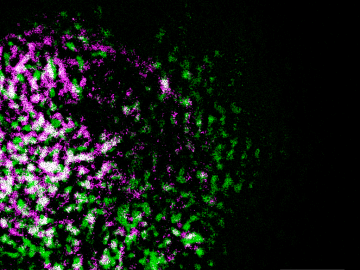
Oak Ridge National Laboratory researchers have built a novel microscope that provides a “chemical lens” for viewing biological systems including cell membranes and biofilms.
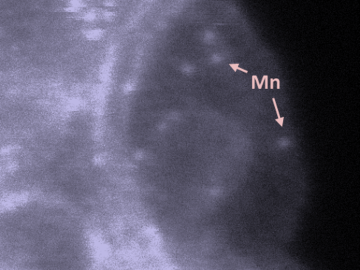
Oak Ridge National Laboratory scientists studying fuel cells as a potential alternative to internal combustion engines used sophisticated electron microscopy to investigate the benefits of replacing high-cost platinum with a lower cost, carbon-nitrogen-manganese-based catalyst.


